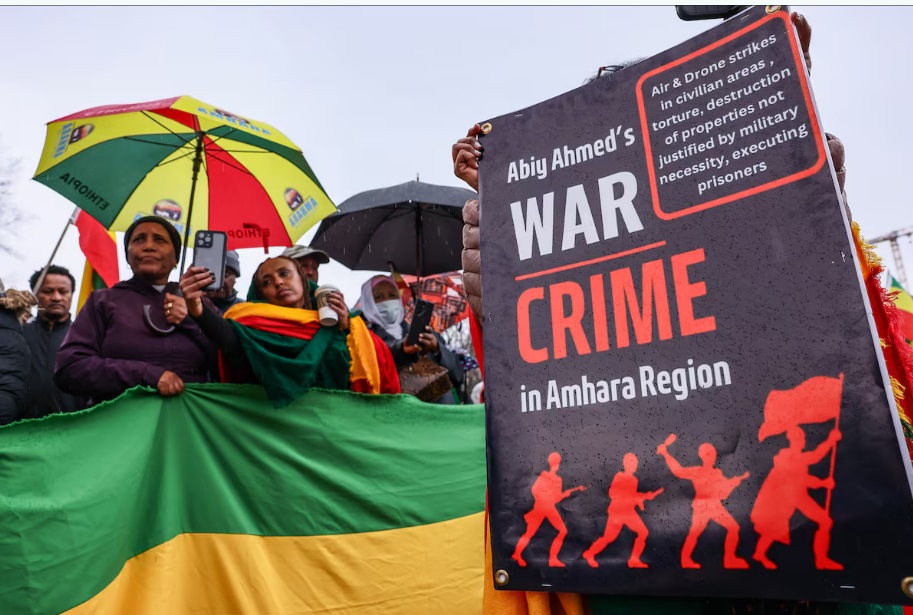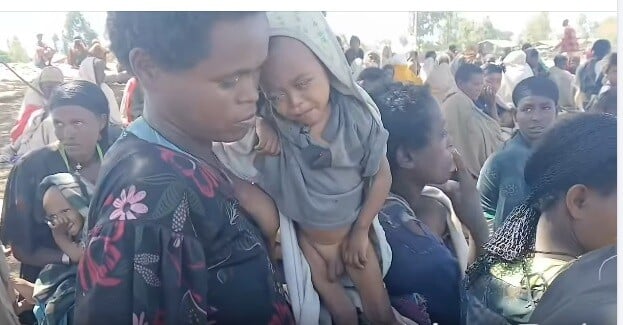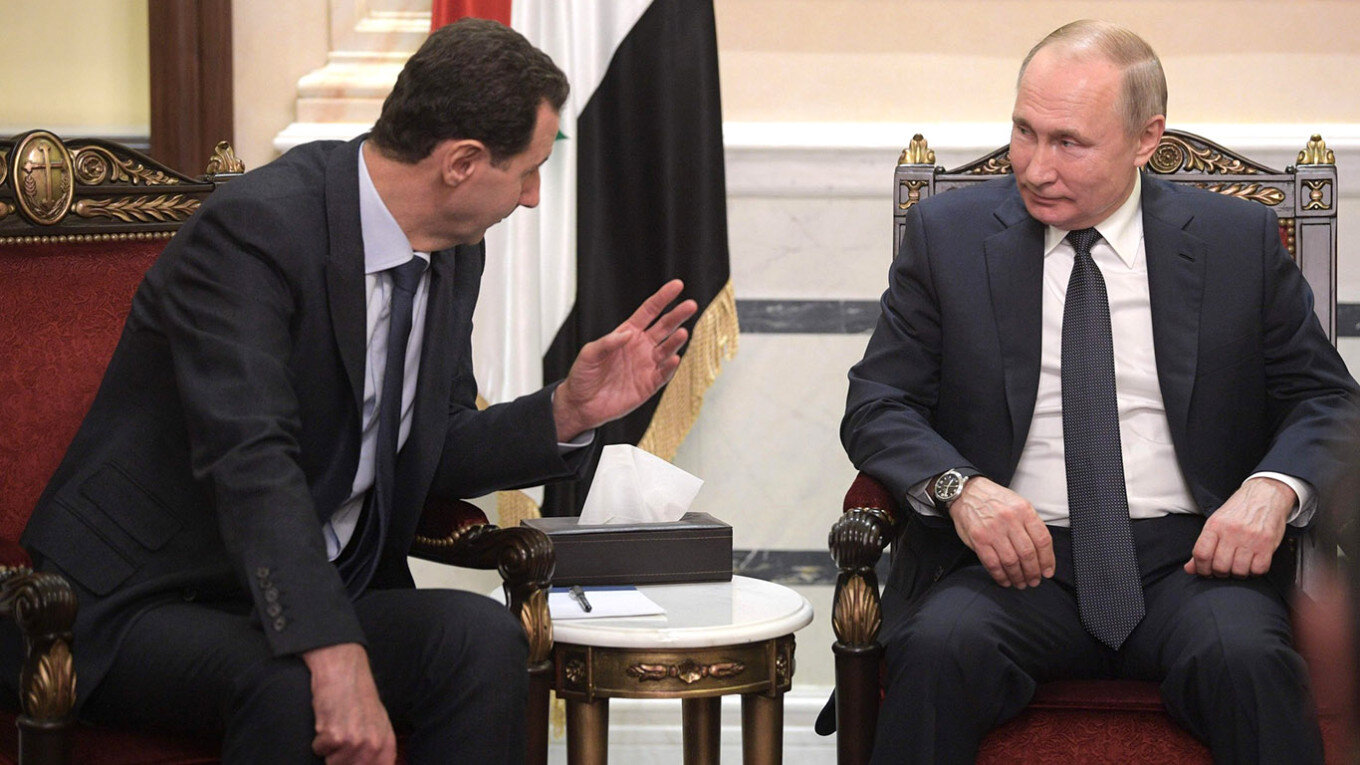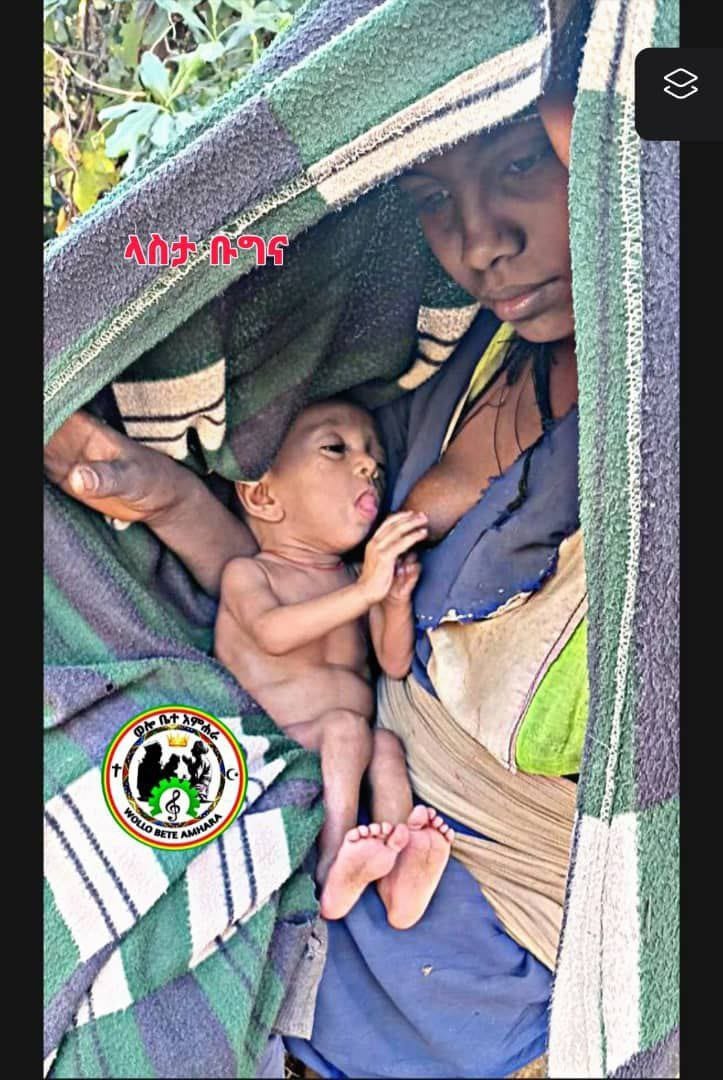
There is little doubt the Ethiopian diaspora over the past has earned its stripes for its heroic role in public diplomacy, grassroots advocacy and political activism in the West as the U.S., E.U. and the U.N. openly and shamelessly sided with the terrorist group Tigray People’s Liberation Front (TPLF).
As important stakeholders in Ethiopia’s future, diaspora Ethiopians must contribute not only resources and engage in advocacy, but we must also propose creative, innovative and practical ideas to deal with post-conflict challenges.
The Ethiopian diaspora is a diverse global community with diverse ideas about what must be done to help alleviate the current challenges facing Ethiopia.
Following PM Abiy’s Homecoming call, I have spoken to Ethiopian diaspora political and human rights activists, intellectuals, professionals, grassroots political organizers and many others.
I have taken the liberty here to offer the following tentative outline of ideas in the name of the global Ethiopian diaspora to maximize our participation and engagement and ensure that we will have a meaningful role to play in the current crises and beyond.
A word of caution!
Some may think I am idealistic and foolish to propose the following ideas.
I don’t mind. I have called myself the “Utopian Ethiopian”.
It has been said, “The line between courageous faith and foolish idealism, is by definition, one angstrom wide.” That is 10 to the -10 meter.
I have so much courageous faith in Ethiopia’s bright future that I gladly offer my foolish ideas.
Actor Tom Hiddleston observed, “Stay hungry, stay young, stay foolish, stay curious, and above all, stay humble because just when you think you got all the answers, is the moment when some bitter twist of fate in the universe will remind you that you very much don’t.”
I very much believe in Hiddleston’s maxim and so I offer these (foolish?) ideas with sincerity and humility.
Diaspora-sponsored post-conflict projects in Ethiopia must be guided by four basic principles. Proposed projects must
1) be based on clear performance timelines and measurable deliverables. Projects should specify performance and deliverables in the short, medium and long terms.
2) directly and actively involve the target population in the design and implementation of solutions. Projects must actively seek the input and participation of individuals and groups to be served.
3) be based on careful and systematic investigation of relevant facts on the ground and rigorous analysis of alternatives and favor innovative approaches over quick fix solutions.
4) be crafted with the aim of creating a sustainable revenue stream for target populations and maximize their ability to become financially independent as much as possible, and not be accustomed to handouts.
Short-term
1) Sister Cities Projects for Terrorist Impacted Ethiopian Communities
A sister cities programs such as the ones with American cities are generally formal relationships between two geographically and politically distinct lnt ocalities with the aim of promoting cultural and commercial ties. They are also known as “twin towns”, “partnership towns”, “partner towns”, and “friendship towns.
Washington, D.C. and Addis Ababa have “sister cities agreement”.
The idea of sister cities I am thinking about will not be between legal jurisdictions, but Ethiopian diaspora communities organized as civic organizations dedicated to specific purposes related to post-conflict reconstruction. For instance, Ethiopians living in major American metropolitan areas could identify a specific community/city impacted by TPLF terrorism and work with public authorities and civic organizations there to respond to critical needs. It is innovative in that it applies the jurisdictional concept of sister cities to civic organizations.
The mechanics of such a project could be detailed in a concept paper.
2) Family Adoptions Projects in Terrorist Impacted Ethiopian Communities
In my discussions with many diaspora Ethiopians, I have anecdotally learned there is considerable interest by diaspora individuals and families in adopting/sponsoring designated families impacted by terrorism. Such a project is innovative because to appeals to diaspora Ethiopians who may seek limited engagement and prefer to change lives at the micro level. The idea in this project is to identify and engage specific impacted families and match them with a family/individual in the diaspora. Once the link is created, the two families will work closely to deal with issues impacting the affected family in Ethiopia.
The mechanics of such a program could be detailed in a concept paper.
3) Honor the Special Women Victims of Terrorist Sexual Violence Project
To me, the women who were subjected to TPLF sexual violence in Amhara and Afar regions are heroines just like those who fought, died and got wounded in the battlefield. Indeed, there is no doubt they fought back the terrorist rapists and murderers but were overcome.
I also know that these women will likely be stigmatized for life as a result of the sexual violence they suffered. Their husbands will likely abandon them because of the violence they suffered and may even be ostracized and banished from the community for religious or other traditional reasons.
These heroines need to be honored, not vilified, humiliated, cursed and branded for life with a Scarlet Letter on their foreheads.
These heroines need public and community recognition for the suffering they had undergone at the hands of terrorists. They need rehabilitation and special family and community support.
It will be necessary to create a forum for these women so that they can come out and openly discuss and share their pain and suffering without fear or shame. They must be validated that they have done nothing wrong but were victims of heinous crimes by the terrorist TPLF.
Faith leaders, community elders, mental health professionals and the community at large must work together in the rehabilitation of these women and in enabling them to cope with their post-trauma stress disorder (PTSD) they suffered as a result of the TPLF terrorist war against Ethiopia.
The mechanics of such a program could be detailed in a concept paper.
4) First/Emergency Responders Projects in Terrorist Impacted Ethiopian Communities
Hardly a day passes by without someone calling me about delivering medical supplies and equipment for critically injured patients in terrorist impacted communities in Ethiopia.
Currently, there is much confusion about the types of medicines and medical supplies that are officially approved for donation and importation. A diaspora and government task force should be established to develop clear information, guidelines and procedures for importation of medicine and medical equipment and facilitate expedited transport and delivery.
There is much good work already done and certain information is available on the health ministry website. But the process needs to be streamlined so that donors and volunteers could act on updated information with a minimum of confusion.
The mechanics of such a program could be detailed in a concept paper.
Intermediate range (6 months to a year)
1) Temporary/Portable/Modular School/University Reconstruction Projects in Terrorist Impacted Ethiopian Communities
Schools and universities in the Amhara and Afar regions have been totally destroyed by the terrorist TPLF.
Full-service school and university construction or repairs could take years. There must be a stop gap solution to this problem. Any delays in returning students to the learning environment will have massive adverse consequences on the future of the impacted communities.
I have limited experience in the acquisition, construction and deployment of portable modular classrooms.
I am thinking about affordable homegrown modular classrooms to reestablish schools and universities and help return students to the learning table. Such classrooms could be made from prefabricated pieces for easy construction. Older students could participate in assembling these classrooms giving them a stake in the outcome of their own education.
School construction is within the mandate of Ethiopian Diaspora Trust Fund (EDTF). Its mission statement declares “The Fund aims to finance projects that meet critical needs selected based on their potential to make the highest positive impact on groups and communities in Ethiopia in such areas as health, education…”
The Ethiopian Diaspora Trust Fund could play an important role in the construction of modular classrooms as well as regular schools in terrorist impacted areas.
I wish to recognize existing efforts by different regional authorities in sharing resources with local institutions in terrorist impacted areas including education and health.
The mechanics of such a program could be detailed in a concept paper.
2) Temporary Health Facilities (Clinics) Reconstruction Projects in Terrorist Impacted Ethiopian Communities
The terrorist TPLF has completely destroyed health care facilities in Amhara and Afar regions.
In much the same way for school/university reconstruction in the impacted regions, healthcare facilities need to be brought online as quickly as possible.
Rapid response health care facilities consisting of semi-permanent tent structures could be funded by diaspora Ethiopians to provide health care services.
Such facilities could be patterned after the U.S. Mobile Army Surgical Hospital (MASH), a medical unit of the U.S. Army which provided fully functional hospital services in combat area of operations. Such units were deployed extensively during the Korean War and later conflicts. Today, the U.S. deploys modular field hospitals.
More recently, the State of New York has made extensive use of temporary medical units to respond to the hospital bed shortage due to Covid.
I see no reason why diaspora Ethiopians could not raise special funds for tent-type MASH medical units in terrorist impacted areas to provide basic health care.
The mechanics of such a program could be detailed in a concept paper.
3) Ethiopian Wounded Warriors Project
In the U.S., there is a “Wounded Warrior Project” designed to serve soldiers who have been physically and mentally wounded in wars.
The project provides programs to wounded/injured soldiers to help them with mental health needs, financial wellness and independence, and connecting them with supportive resources and communities.
I am proposing the establishment of an “Ethiopian Wounded Warriors Project” funded and supported by diaspora Ethiopians to help our brave men and women who were injured physically and mentally during the terrorist war and ensure they are provided free programs and services in health, education, housing, employment, etc.
The mechanics of how such a program could be established will be detailed in a concept paper.
Long-range (over 1 year)
1) Diaspora Ethiopian Homeland Recovery Investment Project
I should like to propose a Diaspora Ethiopian Homeland Recovery Investment Program. This investment program will be carefully tailored to engage diaspora Ethiopians in special investment zones in terrorist impacted communities. These investments could be in small-scale community enterprises or larger ones requiring moderate amounts of capital.
History teaches that American Jews invested sizeable amounts of money in Israel in its early days even though they considered it a high-risk venture.
Ethiopians must invest in high-risk ventures in terrorist impacted areas because nobody else will.
But let’s think about the rewards!
Can anyone put a dollar amount to a community devasted by terrorism standing on its own feet?
I don’t think of it as high-risk. It is a high-reward venture.
The mechanics of how such a program could be established will be detailed in a concept paper.
2) Ethiopian Diaspora Peace Bonds Project
Some Western governments have issued war bonds (debt securities) to finance military operations and other expenditures in times of war. They have also used such bonds as a means to control inflation by removing money from circulation from a stimulated wartime economy. Such bonds are often marketed directly to the public.
During WW II, the U.S. government issued war bonds to achieve the foregoing twin purposes.
I should like to propose the Ethiopian Government issue Peace Bonds for the purpose of reconstruction of terrorist impacted areas and to control inflation.
The mechanics of how such a program could be established will be detailed in a concept paper.
3) Ethiopian Diaspora Accelerated Remittance Project
In October 2008, I wrote a commentary about the political economy of remittances in Ethiopia.
On April 17, 2018, barely 2 weeks after becoming prime minister, Dr. Abiy Ahmed stressed the importance of remittances:
… Related to hard currency shortages is remittances. Ethiopians living abroad whether they are scientists or do ordinary jobs, remittance is the money that they sent back to their country. Ethiopia is among the few African countries that have a lot of citizens living abroad. Remittances coming into our country are very low. Nigeria generates 500% more in remittances and Egypt 300% more than we do. When Diasporans say we will not send money to punish the government, who is going to be hurt? It will be the small business operators who do not have the ability to generate hard currency. It promotes the black market. The poor cannot afford that. We have to work together to grow remittances.
The issue of remittances today has become critical. Ethiopia needs hard currency and a lot of it.
The Ministry of Finance has recently indicated there are re are promising signs that diaspora Ethiopians are using banks to send their remittances.
However, I believe it is vital that this issue be fully addressed during the Great Diaspora Ethiopian Homecoming.
The mechanics of how such a program could be established will be detailed in a concept paper.
The foregoing 10-point proposal is presented with the hope that the ideas will be cross-fertilized and implemented expeditiously.
Let’s get it done, Diaspora Ethiopians!
*** My travelogue to Ethiopia for the Great Diaspora Ethiopian Homecoming to follow in the next day or so. ***
















